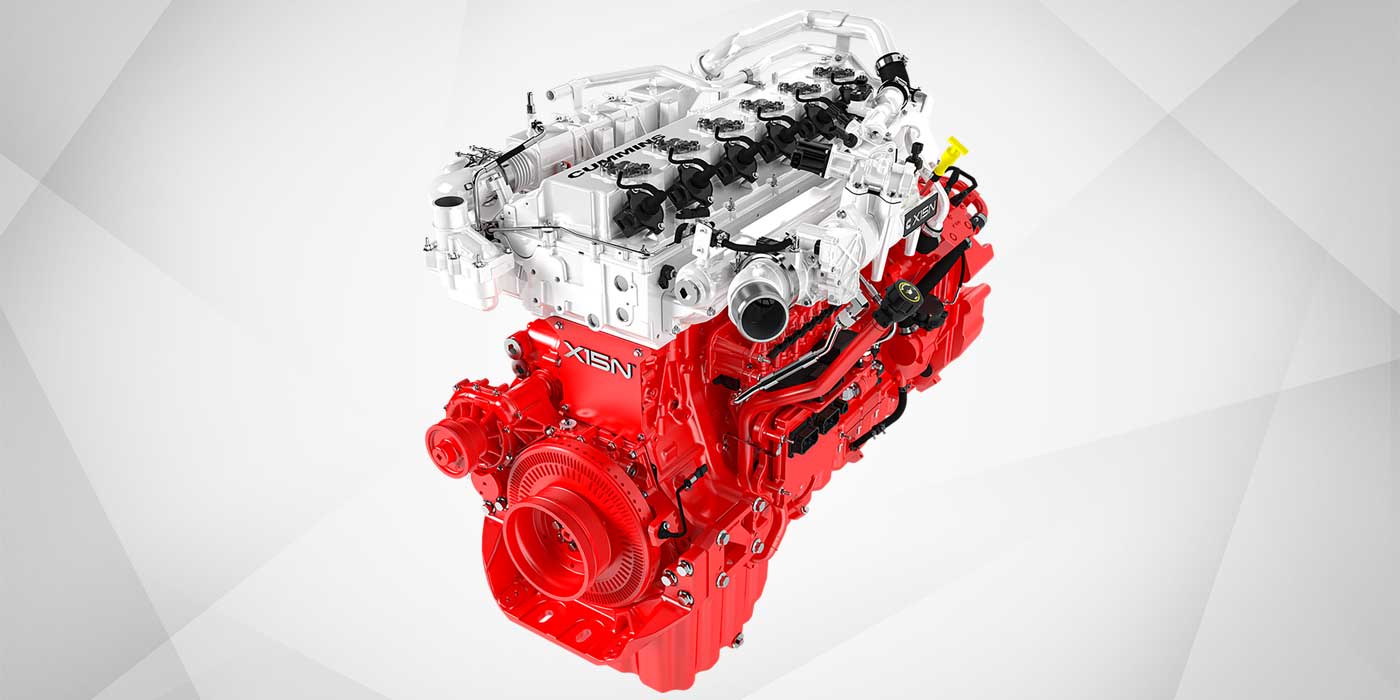Truck fleet service is a dynamic business.Emissions reduction technologies in the 2007 engines are increasingly integrated into vehicle fleets.
The cost of these technologies – new oil/lubrication requirements and chemistries, cooled EGR, and particulate traps, among others – have already impacted preventive maintenance procedures and schedules. Other equipment, like variable displacement turbochargers, for example, is changing service and repair requirements. Current and near term anti-idling requirements are increasing the number of auxiliary power units in service that bring along their own, additional PM and service requirements.
The 2010 engines will certainly increase these requirements. It appears likely that selective catalyst reduction (SCR) will, at least, be part of the emissions reduction solution. Automotive-type on-board diagnostics (OBD II) is also looming.
The challenge fleet managers face is how to predict the impact these technologies may have on fleet maintenance. PM intervals and procedures, parts inventories, and technician training are among the most significant issues. When planning for these changes, fleets will need to access pertinent historical data
Reliance on your fleet maintenance system to capture the necessary data is essential. It will be incumbent on the fleet manager to take a hard look at the information provided and plan for how requirements will change as emissions reduction technology becomes the status quo.
As a thought-starter, consider new coolant and oil requirements. You will need to know if you are getting the feedback you need from your analysis programs Fan drive, radiator and EGR cooler maintenance are also areas that might likely be of interest. Plan to get out on the shop floor and talk to technicians – they are in the best position to provide the earliest indication of pattern failure and experience, so take advantage of their knowledge.
Speaking of technicians, another impact area is technician training. It is a fairly easy task to identify individual technician training needs; it is more difficult to anticipate new training requirements. Consider how you can predict new training areas, which need to be developed or incorporated into a technical training program.
Take a look at the experience in related industry segments. OBD II – currently predicted for medium- and heavy-duty trucks will start around 2010, for example. This diagnostic technology has been present in light vehicles for over 10 years. Investiga-ting light vehicle OBD II training will provide insight for preparatory training and potential post-training problems that can be incorporated early. Other related service industries, such as the aircraft maintenance, construction equipment and stationary power generation may also provide guidance for technician training.
I’m reminded of the adage, “The only thing constant is change.” In truck maintenance, the pace of change in the near-term will only accelerate. Anticipate and plan today in order to manage that change tomorrow – or risk being managed by change.




